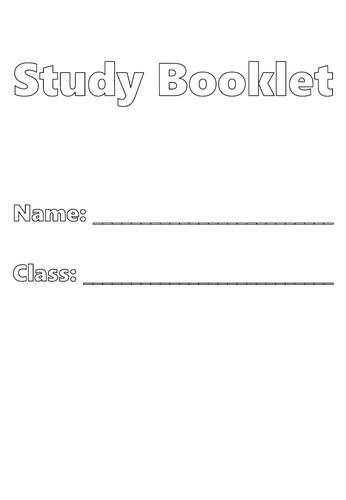


Creative Practical Revision Notes and Guidance Booklet for any tests, exams i.e. GCSE, A Levels SATS.
10 Practical ideas for each of the following headings:
’Basic Tips’
3 Examples:
Use Flashcards: Flashcards are a great way to revise key concepts and terms. You can create them on your own or use pre-made ones online.
Teach someone else: Teaching someone else what you have learned is a great way to reinforce your own knowledge. You can teach a sibling, friend, or even your parents.
Use mnemonic devices: Mnemonic devices are memory aids that help you remember information. For example, you can use acronyms or make up silly phrases to remember key concepts.
With Friends
3 Examples
Schedule a time and place: Set a date, time, and location to meet up with your friends. Make sure it is a quiet and comfortable environment with minimal distractions.
Identify areas of focus: Decide on the topics or subjects you want to revise and make sure everyone is on the same page. This will ensure that you can work together effectively.
Assign tasks: Assign tasks to each member of the group. For example, one person can create flashcards, while another summarizes key concepts. This will help you make the most of your time together and ensure that everyone is working towards the same goal(s).
Online
3 Examples:
Identify reliable online resources: Look for reliable online resources that provide relevant and accurate information on the topics you need to revise. This can include online textbooks, websites, videos, podcasts, and online quizzes.
Set up a study schedule: Set up a study schedule that incorporates your online revision resources. Make sure to allocate time for each resource and set yourself realistic goals.
Create a comfortable study space: Create a comfortable study space where you can focus and minimize distractions. This could be a quiet room in your house or a space in a library or coffee shop.
In the Library
3 Examples:
Choose a library: Select a library that offers a wide range of books related to the subject you want to revise.
Find relevant books: Use the library’s catalogue system to locate the books you need for revision. You can search by author, title, subject, or keyword.
Gather your materials: Once you have identified the books you need, gather them together and bring them to your study area in the library.
Whilst Exercising
Start with a warm-up: Before you begin revising, start with a quick warm-up to get your heart rate up and prepare your body for exercise. This can include jumping jacks, jogging in place, or doing a few minutes of yoga.
Use an active desk: Use a standing or treadmill desk to keep your body moving while you work. This can help you burn calories and improve your posture.
Take study breaks: Take regular study breaks and use them as an opportunity to move your body. This can include doing some push-ups, stretching, or going for a quick walk around the block.
Make Money from Revising!
3 Examples:
Something went wrong, please try again later.
This resource hasn't been reviewed yet
To ensure quality for our reviews, only customers who have purchased this resource can review it
Report this resourceto let us know if it violates our terms and conditions.
Our customer service team will review your report and will be in touch.